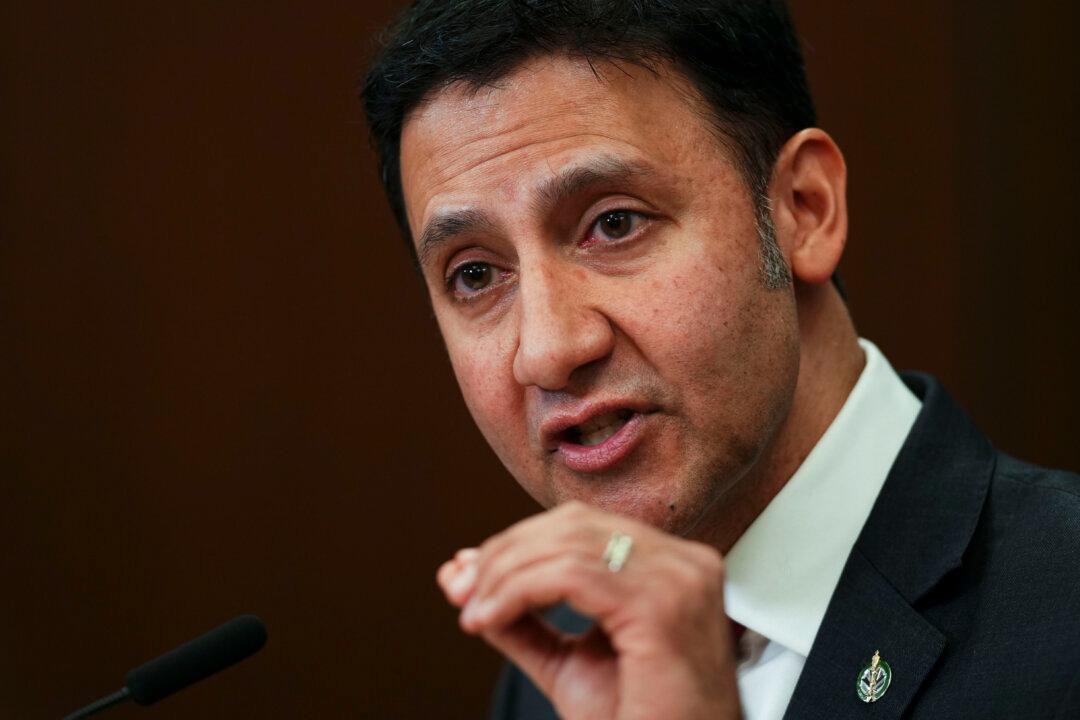Justice Minister Arif Virani defended his government’s Online Harms legislation during testimony before the Commons justice committee this week, as MPs, including those in his own party, questioned its reach.
Mr. Virani told MPs the Online Harms Act (Bill C-63) will bring a new level of security to online communities and increase protection against the often inappropriate content appearing on children’s screens.





